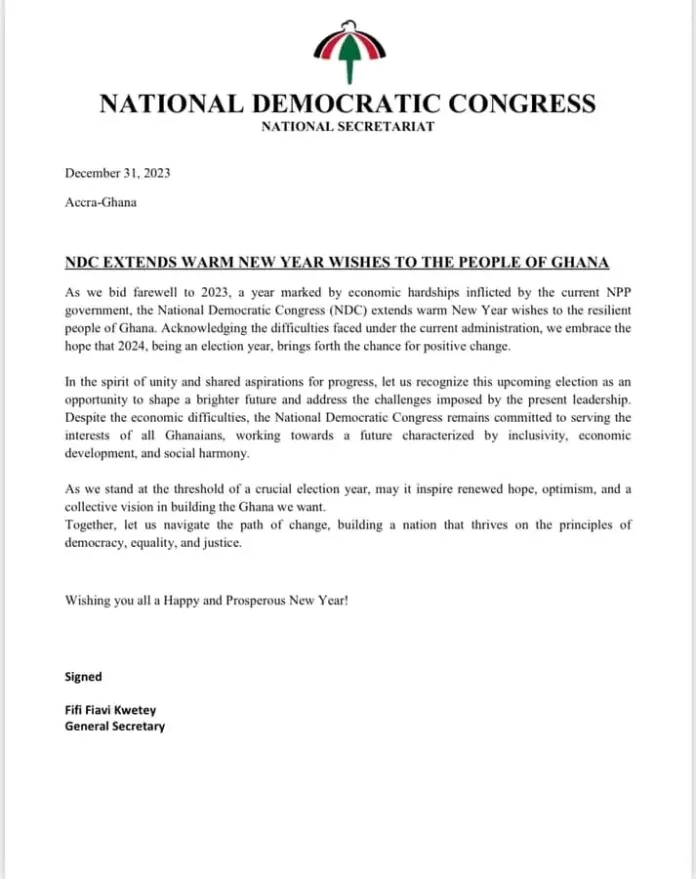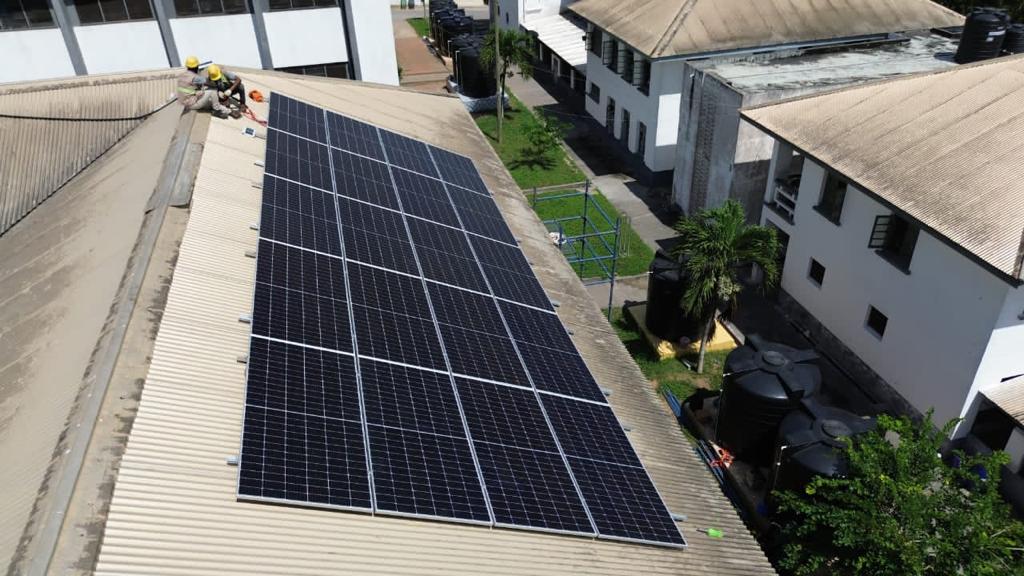
By Joshua Worlasi AMLANU
The Bank of Ghana, in collaboration with the National Bank of Rwanda and Singapore’s Global Financial Technology Network, has launched the Next-Gen Digital Payment Infrastructure (DPI) project – a central bank-led initiative designed to overhaul Africa’s cross-border payments ecosystem and establish a model for future financial integration across the continent.
The project was highlighted at the 3i Africa Summit 2025 Policy Forum in Accra, where policymakers, central bankers and private sector leaders convened to advance the continent’s digital finance agenda.
Bank of Ghana Governor Dr. Ernest Addison described the DPI as a platform for accelerating interoperability across financial systems, enabling digital trade and enhancing financial inclusion through scalable pilots.
“This initiative aims to modernise Africa’s cross-border payment ecosystem through a central bank-led, innovation-enabled approach co-developed with fintechs and financial institutions,” said Dr. Johnson Asiama, representing the Bank of Ghana at the opening session.
The DPI initiative is emerging at a time when mobile money has already transformed the financial landscape in Sub-Saharan Africa. GSMA’s latest State of the Industry Report on Mobile Money 2025 shows that the region accounts for 53 percent of all global mobile money accounts and two-thirds of global transaction value – over US$1.1trillion in 2024.
GSMA’s senior regulatory specialist, Karim Dia, noted that mobile money has become the backbone of intra-African remittances and trade, processing US$3million per minute.
Despite such progress, challenges persist. Fragmented regulatory frameworks and limited interoperability continue to hinder cross-border transactions.
The DPI project aims to address these pain points by harmonising regulatory regimes, scaling innovation through pilot programmes and aligning financial infrastructure to drive inclusive growth.
Dr. Asiama emphasised that realising the vision of a digitally integrated Africa requires bold, coordinated action from both public and private sectors.
“The gains we are witnessing – fintech expansion, regulatory sandboxes and digital payments – must be reinforced through continental coordination,” he said. He urged stakeholders to prioritise actionable outcomes, not just dialogue.
The DPI effort aligns with African Continental Free Trade Area (AfCFTA) goals by enabling faster, cheaper and more transparent cross-border payments. It also supports the Pan-African Payment and Settlement System (PAPSS), which is working to reduce dependency on foreign currencies for intra-African trade.
Vitaliy Kramarenko, Deputy Director-African Department at the International Monetary Fund, welcomed the DPI initiative and stressed the role of digital innovation in Africa’s economic transformation. He however warned that macroeconomic pressures – such as subdued commodity prices and tightening global financial conditions – require African economies to rely more on internal growth drivers, including digital finance.
Mr. Kramarenko noted that while mobile money penetration is strong, overall digital infrastructure remains underdeveloped – with internet access still at 33 percent and electricity access at only 50 percent across sub-Saharan Africa.
He called for creative infrastructure investment models, such as public-private partnerships, to drive digital transformation. “Policymakers should focus on digital finance innovation and regional trade facilitation as key levers of structural reform,” he said.
To support the policy agenda, the IMF has been working with central banks across the region to enhance digital payment systems, focusing on financial inclusion and transaction cost reduction.
Mr. Kramarenko said forthcoming IMF research will delve into central bank digital currencies, fast payment systems and crypto assets, urging governments to establish robust policy frameworks to manage emerging risks.
The DPI project is expected to act as a template for other African economies, with pilot programmes designed for scalability across borders. It represents a new model of digital public infrastructure built on collaboration between regulators, central banks and fintechs.
“Let this forum be a turning point where vision meets action, where policy enables innovation and where Africa steps confidently into the role of a digital financial powerhouse,” said Dr. Asiama.
The post BoG’s DPI project to shape Africa’s future payments blueprint appeared first on The Business & Financial Times.
Read Full Story



















Facebook
Twitter
Pinterest
Instagram
Google+
YouTube
LinkedIn
RSS